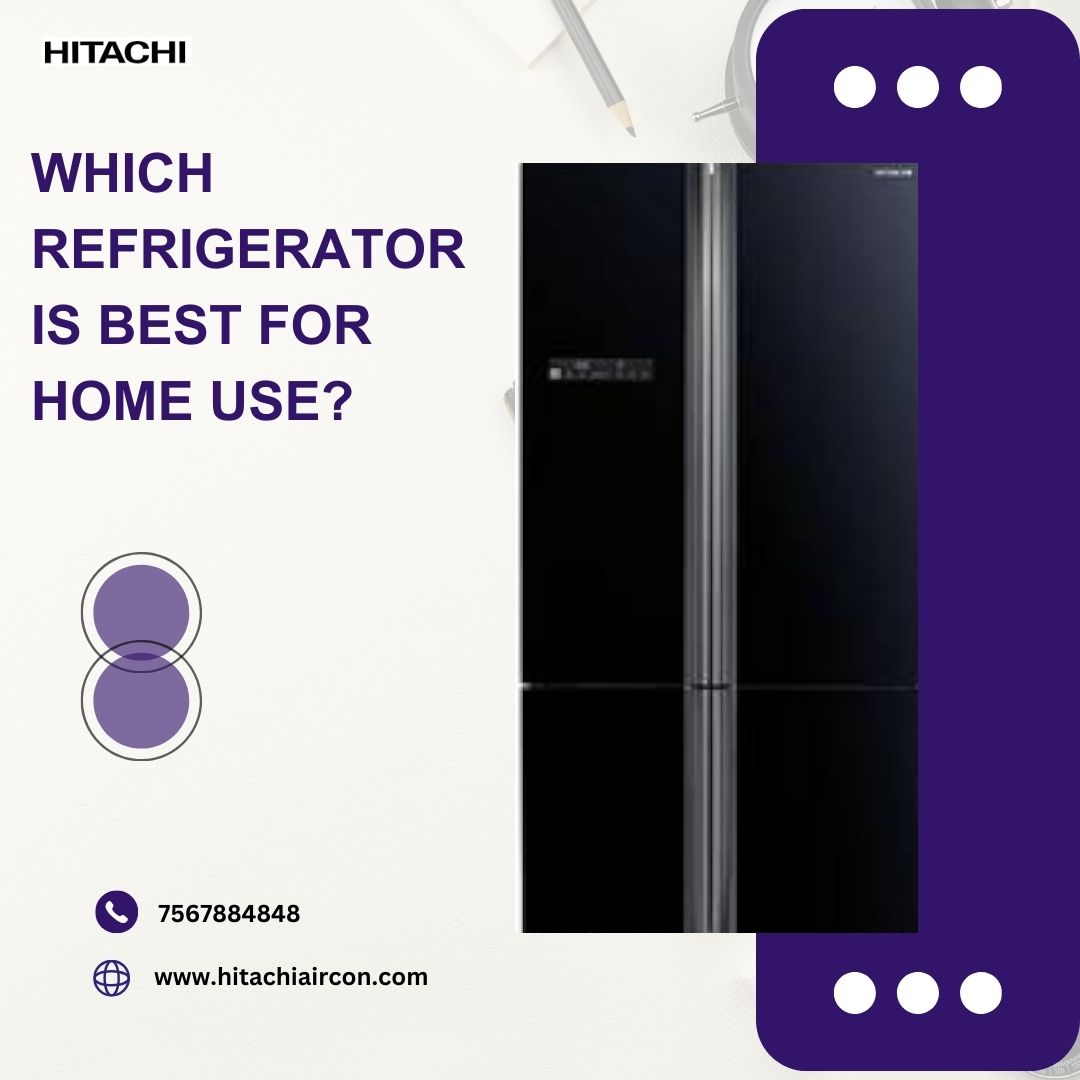When it comes to buying a new home refrigerator, there are many factors to consider so you can find the best model for your needs and budget. The type, size, features, and energy efficiency of the refrigerator are all important to review before making this major appliance purchase.
Types of Refrigerators
There are three main configurations of refrigerators on the market for home use:
- Top freezer: The freezer compartment is located above the refrigerator. This is the most common and affordable style. However, it can be inconvenient to access the freezer.
- Bottom freezer: With this style, the freezer is located beneath the refrigerator compartment, making it easier to access frequently used fresh foods. However, the freezer compartment is often smaller.
- French door: This style has double doors on top that open to the refrigerator compartment, and a single bottom freezer door. It provides easy access to both compartments while making contents easy to see.
Single Door, Double Door, and Hitachi 3 door refrigerator are also very popularly known in the market.
Size Considerations
When determining what home refrigerator size you need, consider these factors:
- Household size – Larger families need more storage room. Look for a minimum of 20 cubic feet for a family of three or more.
- Kitchen size – Measure your space to ensure the refrigerator will fit. Standard widths are 30-36 inches.
- Configuration – Side-by-side models require more width. Counter-depth saves space but reduces storage.
- Food storage needs – Will you store large trays or party platters? Adjust interior shelf sizes.
Standard refrigerator sizes for homes range from 18-24 cubic feet for small spaces, 24-28 cubic feet for most households, and 28-36 cubic feet for larger families.
Key Features
Today’s home refrigerators offer conveniences like these popular features:
- Automatic ice maker – No need to fill trays with a built-in ice dispenser.
- Water dispenser – Dispenses chilled water and ice through the door.
- Adjustable shelves – Flexible configurations allow you to accommodate various sizes.
- Temperature-controlled drawers – Keep meat and produce at ideal humidity with separate drawers.
Energy Efficiency
An ENERGY STAR-certified refrigerator consumes at least 10% less energy than the minimum federal standard. Key considerations for energy efficiency:
- Size – Energy use increases with larger capacity. Choose an appropriately sized unit.
- Configuration – The top freezer is generally more efficient than side-by-side.
- Features – Automatic defrost uses less energy than manual defrost units.
- Noise – Inverter compressors run quietly with minimal vibration and fewer start cycles.
Compare the ENERGY Guide label’s estimated yearly operating cost when choosing an energy-efficient model. High-efficiency refrigerators can provide long-term cost savings.
Important Features to Consider
When evaluating a new refrigerator, look for desirable features that will enhance convenience and storage flexibility:
Advanced Temperature Management
- Multi-zone cooling – Separate climate zones keep compartments at ideal temperatures and humidity.
- Precise temperature control – Digital controls allow you to customize temperatures in compartments.
- Air filters – Purify the air and reduce odors for fresher-tasting food.
Innovative Storage Options
- Adjustable shelving –Reconfigure shelves to accommodate various sizes. Look for spill-proof tempered glass.
- Slide-out shelving –Full extension slides make items easy to access, even at the back.
- Expandable freezer storage –Convertible zones let you prioritize fridge or freezer space as needed.
- Specialty drawers –Designated drawers preserve meat and deli foods. Some have adjustable humidity.
Handy Design Features
- Spacious door bins – Deep bins provide easy access to everyday items.
- Gallon door storage – Shelves and bins accommodate large jugs and containers.
- Bright interior lighting – LED lighting ensures clear visibility without high energy use.
- Door alarm – Alerts you if the door is left open to prevent cold air loss and food spoilage.
When selecting a refrigerator for your home, carefully weigh the size, configuration, features, and efficiency based on your family needs. Comparing reputable brands and models will lead you to the ideal refrigerator purchase for your budget and kitchen space to provide reliable food storage for years to come.
If you are looking to have a comfortable summer you can also check out an inverter air conditioner and enjoy the summers truly.



